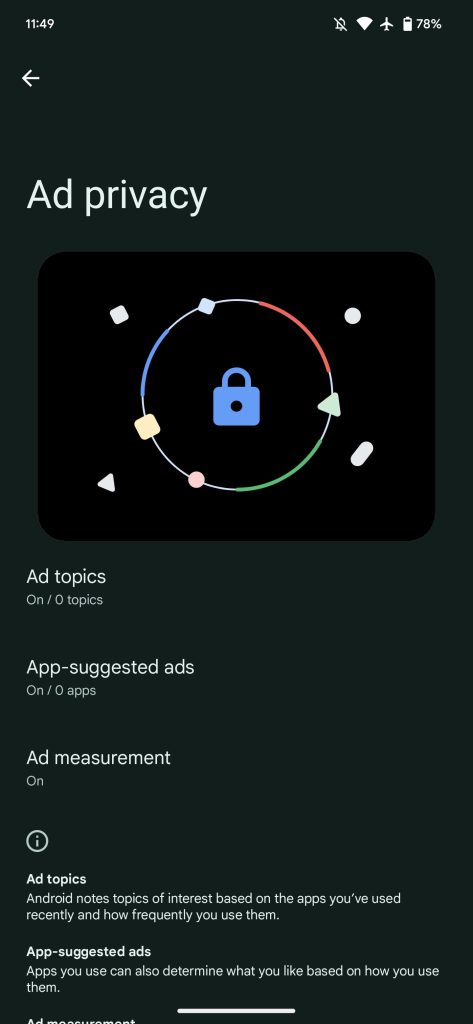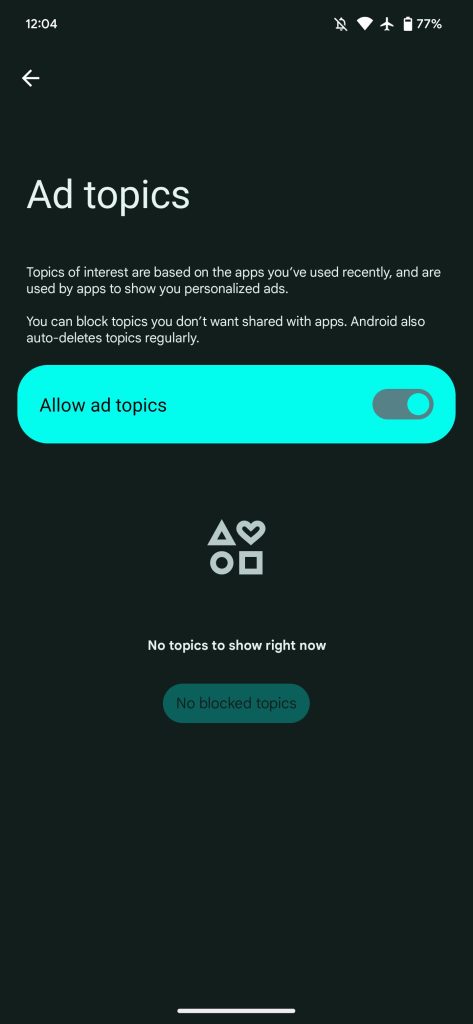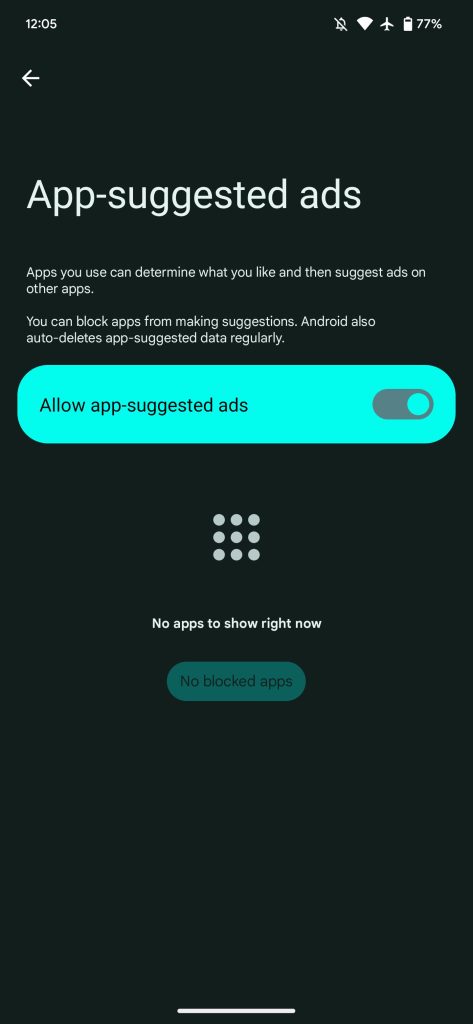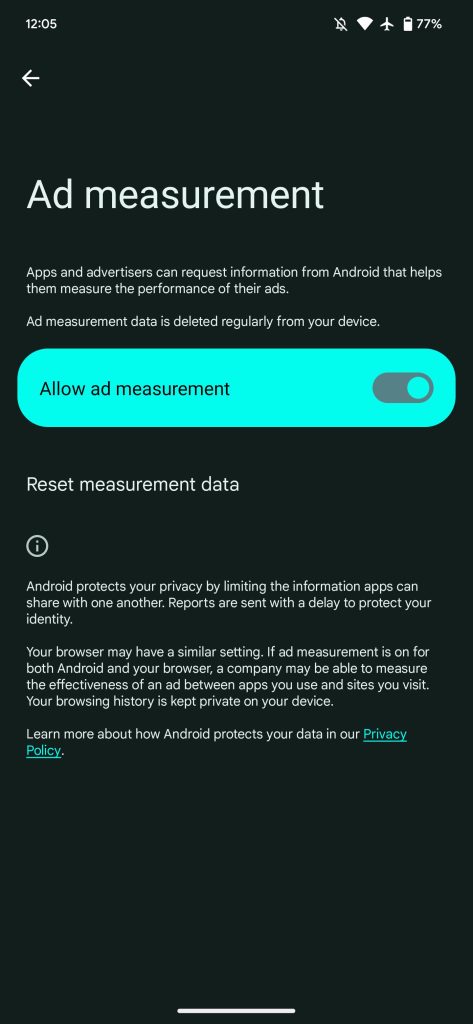
Besides Chrome, Google’s Privacy Sandbox initiative is on Android to let apps show you relevant ads in a more private manner. The beta started earlier this year, and Google is now prompting more users about it with new Ad privacy settings.
Since May, some Android users have been prompted about the Privacy Sandbox. “New ads privacy features now available” is the latest iteration of the notification: “Now, there’s more choice over the ads you see while protecting your identity.”
Giving you “more choice” over what ads are surfaced is how Google frames the Privacy Sandbox. It’s succinct summary of how everything works is:
Android notes topics of interest based on apps you’ve used recently. Also, apps you use can determine what you like. Later, apps can ask for this information to show you personalized ads. You can choose which topics and apps are used to show you ads.
Privacy Sandbox works without using cross-app, device identifiers (like Ad ID), with your interests saved on-device.
On Android 13 (with a Pixel), the new Ads privacy preferences are accessed from Settings > Security & privacy > More privacy settings > Ads. This page features a new graphic and menu with three settings that feature on/off toggles:
Ad topics: “Topics of interest are based on the apps you’ve used recently, and are used by apps to show you personalized ads.” Example categories include Arts & Entertainment, Dance, Local news, Movies, Outdoors, Real Estate, and Stocks & Bonds, with users able to remove/block topics at will, while Android “auto-deletes topics regularly.” This is the Topics API.
App-suggested ads: “Apps you use can determine what you like and then suggest ads on other apps. Using the FLEDGE API, you’re able to block individual applications from reporting.
Ad measurement: “Apps and advertisers can request information from Android that helps them measure the performance of their ads.” Besides on/off switch, Google notes ad measurement data is regularly deleted.
Android’s new Ad privacy settings are not yet widely available and rolling out via Google Play services.
FTC: We use income earning auto affiliate links. More.











Comments